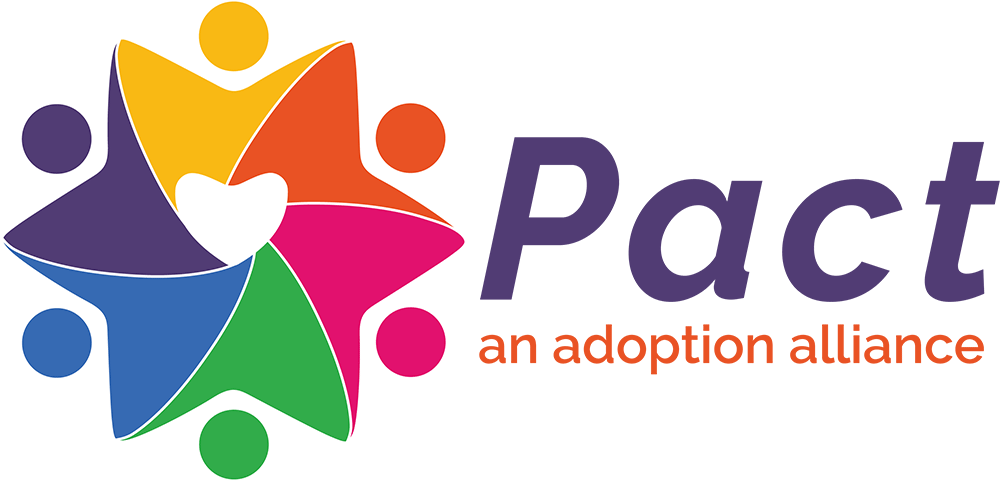Book Review:
The Perpetual Child: Dismantling the Stereotype
An Adult Adoptee Anthology from the An-Ya Project
edited by Diane Christian and Amanda H.L. Transue-Woolston
reviewed by Karen Bernstein
2014
The Perpetual Child: Dismantling the Stereotype, an anthology edited by Diane Christian and Amanda H.L. Transue-Woolston, (The An-Ya Project, 2013) gives us the unique experience of hearing adult adoptees speak candidly amongst themselves. It deserves to be read with complete and mindful attention. The authors let us share some of their most private moments: The teenager who sees her birth certificate for the first time and realizes it’s fictitious; the man wondering which songs his birth mother sang to him in during his first five months of life in Korea; the woman who locates her birth mother and writes her a handwritten letter, kissing it before slipping it into the mailbox and wondering what will happen when it’s delivered; the woman who analyzes the terms (and implications) of the adoption contract between her birth and adoptive parents; the woman who searches and reunites with her first family, while tenderly caring for her adoptive mom during her illness.
I hope this anthology reaches a wide and very appreciative audience. The writing is excellent and clearly conveys the strengths of adult adoptees. It also conveys the challenges that adoptees face because their legal and civil rights have been severely curtailed, unlike any other group in present-day America. From a legal perspective, adult adoptees are treated as children. They don’t have any way to obtain personal information about their identities at birth or their birth families or their birth culture. Imagine, for a moment, not knowing if anything you’ve been told about yourself is true and having no reliable way to find out. No birth certificate, no records, no Freedom of Information Act, no Aunt Gertrude to ask. No access to medical history, no way to find who your first parents were, or why your early life unfolded the way it did. This is the reality for many adoptees.
But it doesn’t have to be that way. Thanks to the efforts of adult adoptees, the laws in certain states are beginning to change. For the rest of us—adoptive families, birth families, and any individuals who’d like to become allies—we can add our voices, participate in efforts to rectify the situation, and bring about change.
The authors’ accounts are moving, honest and compelling—and sometimes very raw. Although many adoptees feel great love for their adoptive families, many also feel, as Laura Dennis so eloquently stated in her essay included in this anthology “[C]hange in adoption starts with changing the perception that it’s what’s best for the child. What’s best for the child is family preservation in a home with a stable, capable biological family member. Adoption should exist; but as a last-case scenario. In order to get to such an understanding, we must acknowledge that adoption involves loss.”
Although this book is aimed at adoptees and not adoptive parents, I believe it offers essential information for adoptive parents who are committed to honest communication with their children. This is especially true as the children become grow older and start to discuss the complexity of their lives. This book also presents adoptive parents with the opportunity to move beyond our own perspectives, encouraging us to consciously include the perspectives of other people when we think about adoption. This can be especially difficult to do prior to adoption for those of us who may have experienced sadness and loss about our dreams to have a family. Fast-forward to now: In many ways we’ve recovered from those earlier losses, and adoption has provided us with great joy, making it harder to recognize that adoption isn’t as uniformly joyful for our children and their first families as it is for us.
Without a doubt, I’ve learned more about adoption from listening to adult adoptees than from anyone else. This book gives all of us a welcome chance to deepen our understanding of our families and of ourselves.
Karen Bernstein is a transracial adoptive parent and longtime member of the Pact community.
